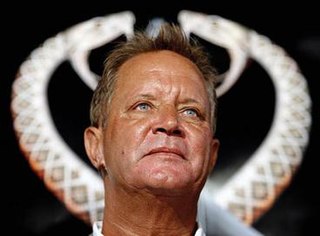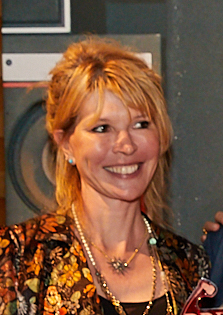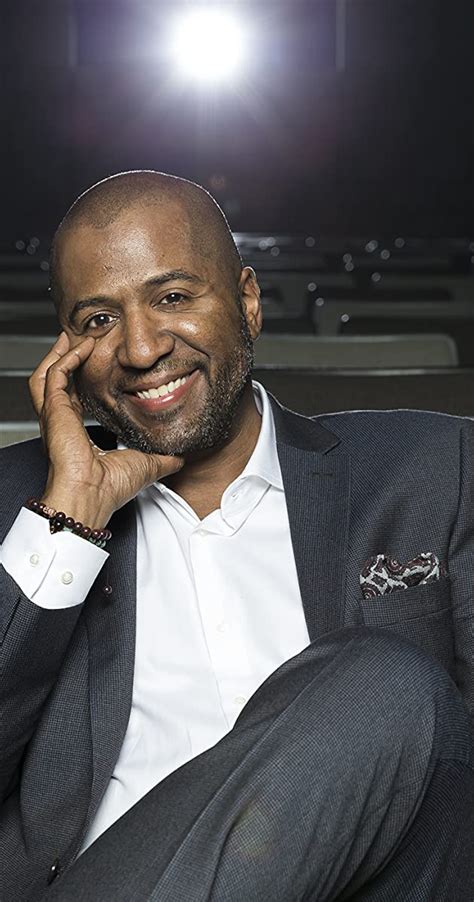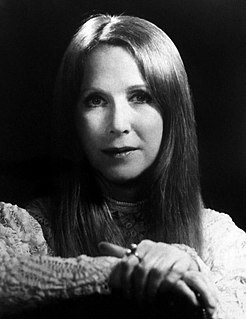A Quote by David R. Ellis
You have to understand the tone of the movie, because if it's supposed to be funny, it can be funny violent like the Home Alone stuff, but you have to really understand the tone of what you're doing and make the action work for that and for the character.
Related Quotes
I'm not a big fan of violent movies, it's not something I like to watch. And it's not my aim or goal to make a violent movie. My characters are very important, so when I'm trying to depict a certain character in my movie, if my character is violent, it will be expressed that way in the film. You cannot really deny what a character is about. To repeat, my movie end up becoming violent, but I don't start with the intent of making violent movies.
I can understand that an audience, buying a ticket to see a picture of mine, wants to see something funny because they feel confident that at least I have a fighting chance to make a funny film when I make a film, whereas if I make a dramatic film there's one chance in a thousand that it's really going to come out great, so I understand how they feel about that and they're completely right.
I had this very strict rule when I began auditioning that I wasn't gonna do a thicker accent, because it was like, 'I can't tell if it's supposed to be funny because he talks funny.' And now I feel like there are certain characters that I could play that could involve doing a thicker accent, as long as it's specific to that character.
I had a strong vision for 'The Best Man Holiday,' so I was able to translate that to the actors and ultimately to the screen. Things can't get too heavy or too outrageously funny; it has to strike a balance. Tone is everything. If you've set the right tone, you can get away with a lot of stuff. You can get away with making people cry.





































